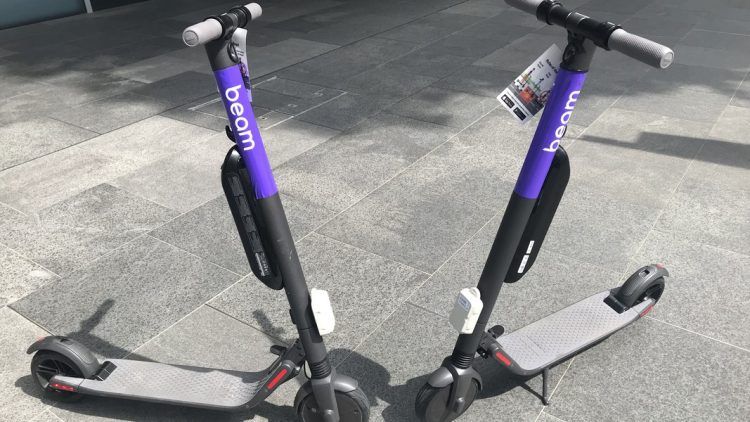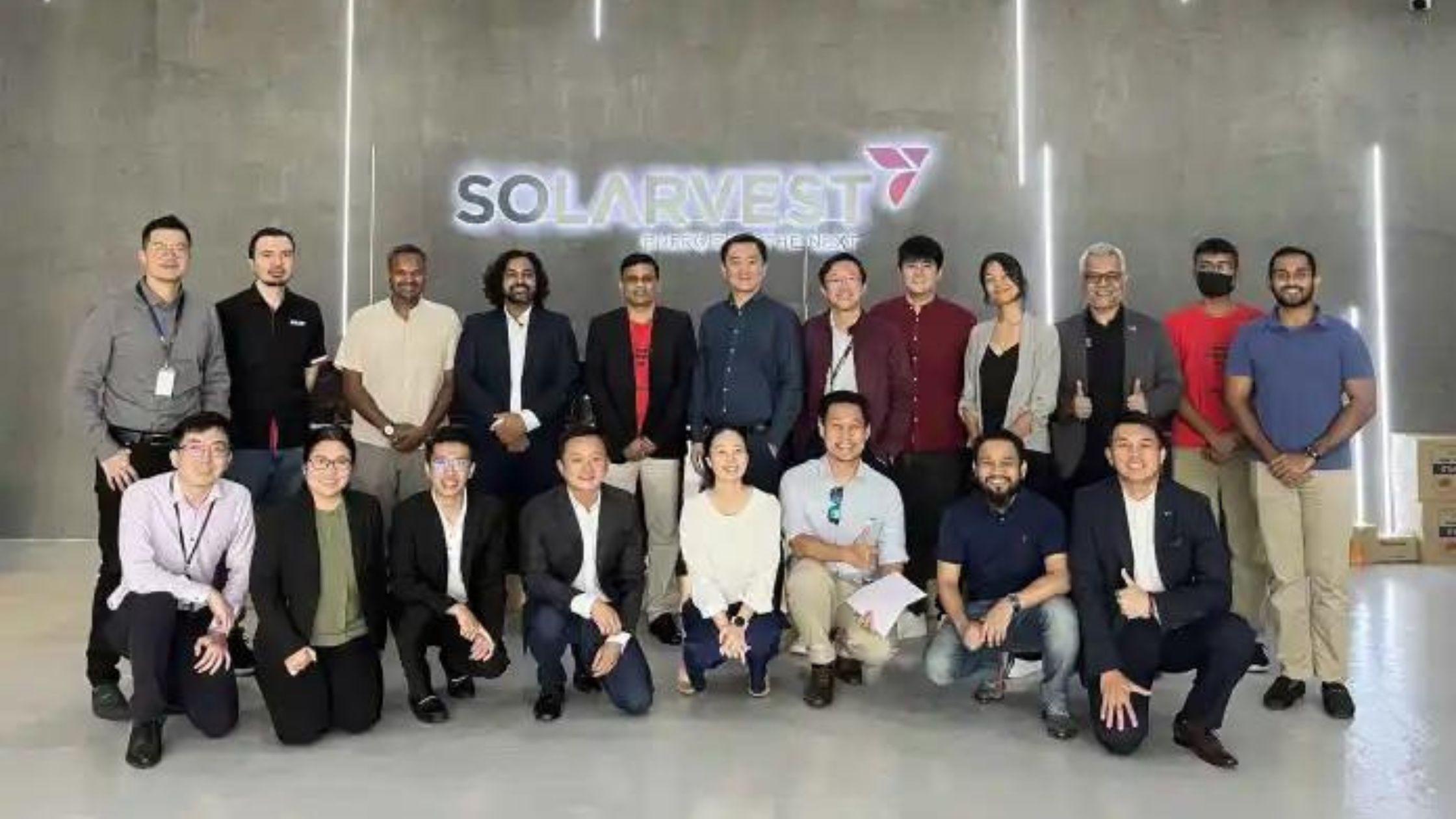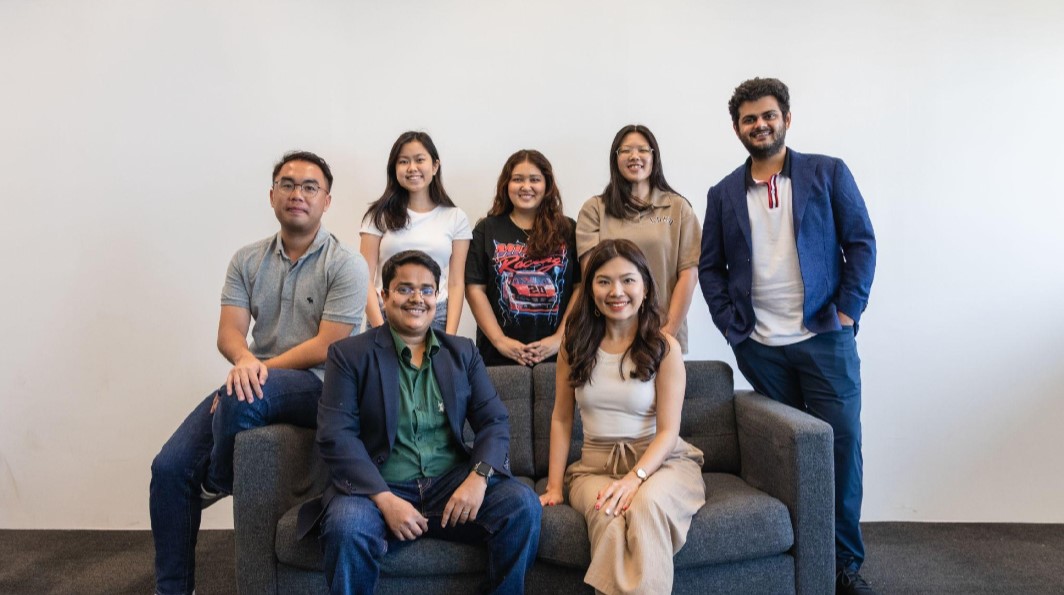AsiaTechDaily – Asia's Leading Tech and Startup Media Platform

Micro-Mobility Has a Macro-Sized Problem
Southeast Asian traffic is a horror story that’s been told and retold to the point of cliché. Though considered ‘normal,’ estimates show that the daily Jakarta deadlock costs the country USD6.5 billion per year, and the number of cars in Manila during rush hour exceeds road capacity by two times. But what’s next? Enter micro-mobility (MM): e-bicycles and e-scooters meant for shorter commutes. Yet, a closer look reveals that MM sharing companies in Southeast Asia are underserved compared to their western counterparts.
Comparing revenues is revealing: Southeast Asian players generate less than USD10 million annual revenues, compared to USD251 million in Europe and USD315 million in the USA. Fundraising deals are also faint: in 2018, there were a total of 67 VC deals into micro-mobility sharing players, but only three of them were Southeast Asian-based. Why such disparity?
The MM sharing industry in Southeast Asia is being inhibited by a lack of regulation – sharing players are hesitant to deploy due to the swathes of political risk involved in vandalism and travel-related incidents. Users are insecure about their rides due to a lack of clear rules, investors are nervous in making large ticket deals, and authorities themselves are on the fence with regard to what degree they should impose regulations. Existing regulation is at best disingenuous – take Thai traffic law, which categorizes e-scooters as motorcycles simply because they are “powered by an engine and does not have more than two wheels.” This means if I want to take my e-scooter down to the local market, I need to have it registered, and it needs to have a license plate.
Legacy legislation encumbers all stakeholders and disincentivizes MM usage entirely. As such, we propose a few policy recommendations. These recommendations are meant to be considered by regulators as a legislative ‘baseline’ for them to create a robust and flexible regulatory foundation.
1. Clearly defining and categorizing MM form factors Disingenuous categorization of MM vehicles are debatably the single largest demonstrable boon to MM in Southeast Asia. These force cumbersome administrative and physical prerequisites to users, and ultimately misses the point of using MM vehicles as a convenient, alternative mode of transport.
2. Deciding how fast they should go Managing speed is crucial because of obvious reasons such as public safety, but also because it is foundational for building other forms of legislation and managing interactions between different modes of transport.
3. Including physical considerations Factors such as rider age, engine size, and safety features are requirements that not only manage rider safety but can be flexibly used to build further regulation.
4. Management by sharing operators A clear MM sharing framework will disincentivize players from conducting illegitimate activities, reduce dangerous riding, and provide a justifiable base for kicking out unscrupulous players.
Micro-mobility is a clear solution to one of Southeast Asia’s most harrowing problems, and regulatory hurdles are what is largely preventing the industry from thriving. Authorities must get on with establishing a clear regulatory framework, which will surely pave the way for safer rides, an inclusive ecosystem, and less traffic for everyone.
About RHL Ventures
Founded in 2016, RHL Ventures a multi-family private investment firm headquartered in Malaysia that champions growth for the best businesses in Southeast Asia. Currently led by Rachel Lau, Raja Hamzah Abidin, and Jo Jo Kong, the firm pools its extensive regional experience in investments, corporate advisory, and capital markets to drive transformative growth for ASEAN-linked start-ups as well as small and medium-sized enterprises.





